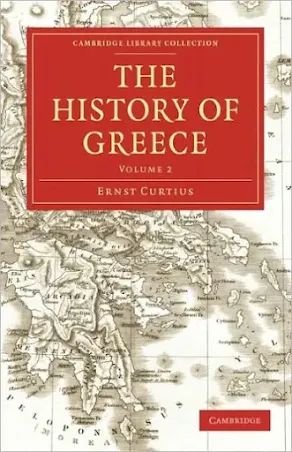✍️ Quote:
In 334 B.C. Alexander with his 35.000 Greeks crossed the strait which had been passed by Xerxes, with his five millions, less than 150 years before. The Greek army was scarcely more inferior to the Persian in number than superior in efficiency. It was composed of veteran troops in the highest possible state of equipment and discipline, and every man was filled with enthusiastic devotion to his leader and confidence of success.
“A manual
of ancient history” By M. E. Thalheimer, page 99
✍️ Quote:
With fresh reinforcements from Greece, he [Alexander] commenced his second campaign, in the spring of 333, by marching through Cappadocia and Cilicia to the gates of Syria.
“A manual
of ancient history” By M. E. Thalheimer, page 100
✍️ Quote:
Alexander
was compelled to turn back. His fleet was now ready, and he descended the
Hydaspes to the Indus, in the autumn and winter of 327 B. C. His army marched
in two columns along the banks, the entire valley submitting with little
resistance. Two more cities were founded, and left with Greek garrisons and
governors.
“A manual
of ancient history” By M. E. Thalheimer, page 205
✍️ Quote:
The Greek language and literature were planted every-where: every new exploration added to the treasures of science and the enlightenment of the human race.
“A manual
of ancient history” By M. E. Thalheimer, page 206



















